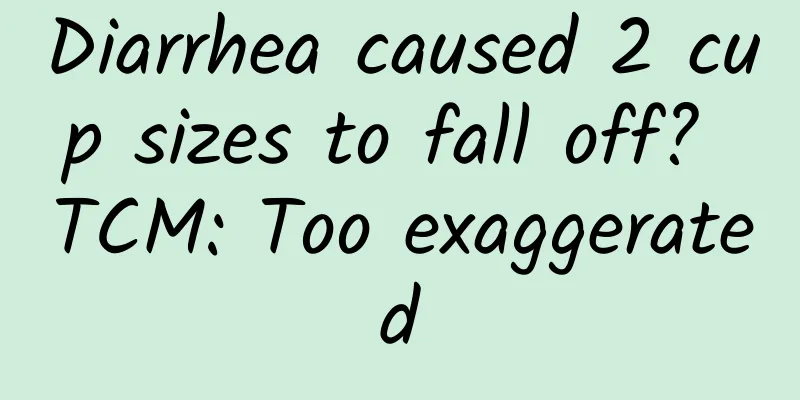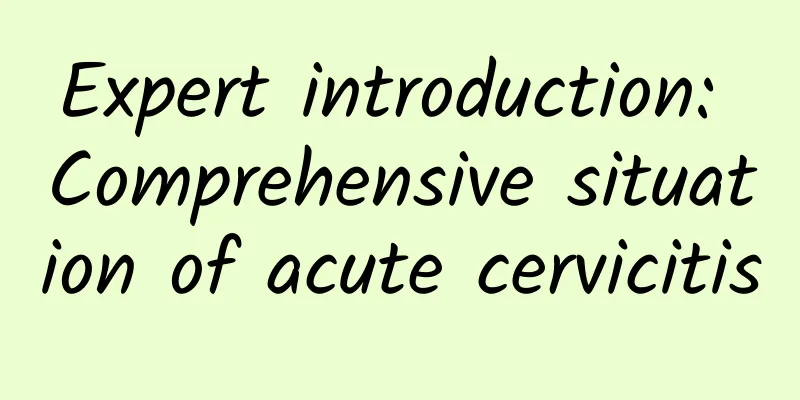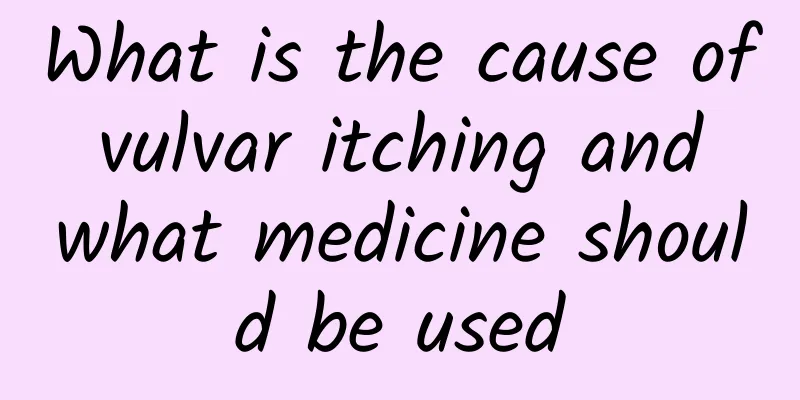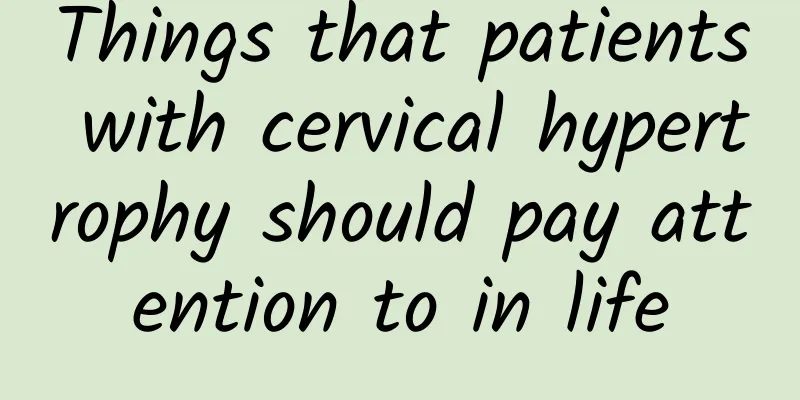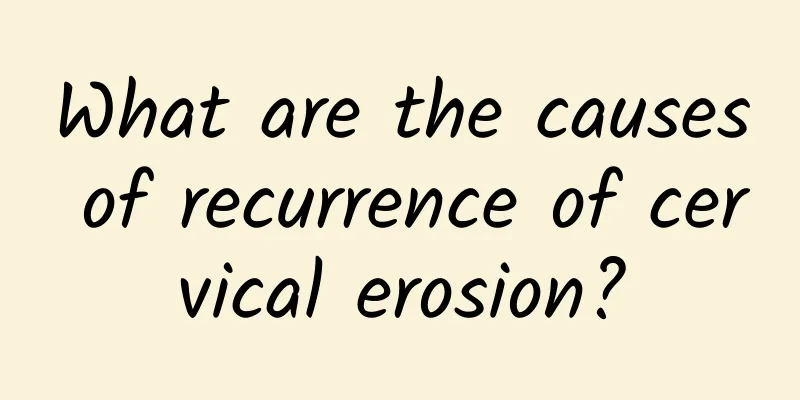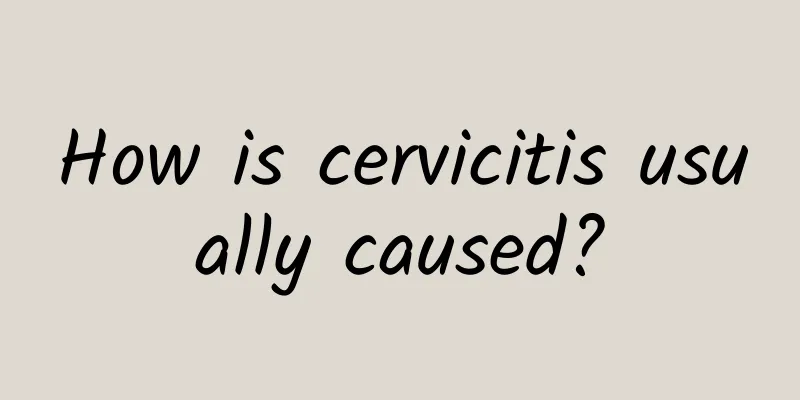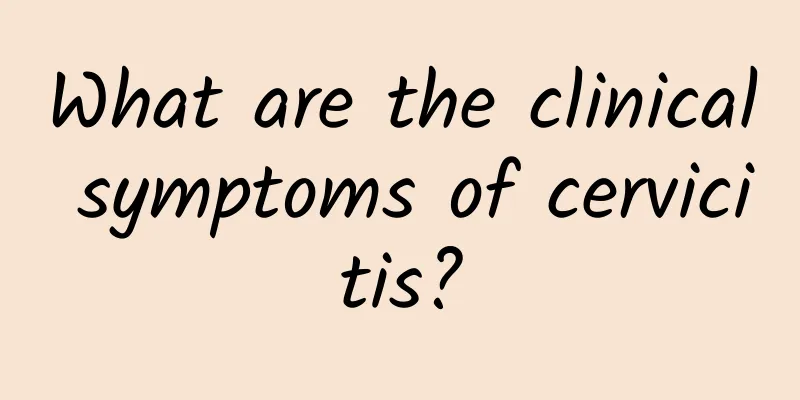Is it better to remove all uterine fibroids or to keep the uterus?
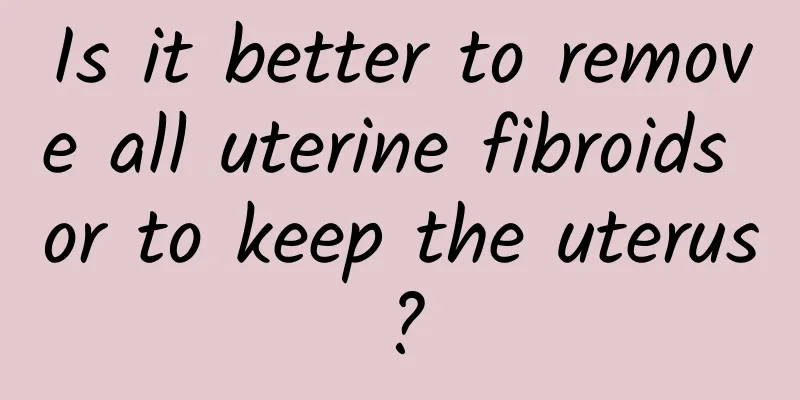
|
Whether it is better to completely remove the uterus or to keep the uterus requires comprehensive consideration based on the patient's age, clinical symptoms, whether there is a desire to have children, the location of the uterine fibroids, the condition of the cervix, etc. If the patient is young, has a desire to have children, hopes to retain reproductive function, and has no abnormalities in cervical cancer screening, uterine fibroid removal surgery can be considered, that is, it is better to keep the uterus. Otherwise, it is better to have a total hysterectomy. The specific analysis is as follows: 1. Age: It is generally better for young patients to retain their uterus. For women near menopause, if their clinical symptoms are severe after conservative treatment, they may need a hysterectomy. 2. Clinical symptoms: If only compression symptoms occur and have little effect on menstruation, uterus-preserving surgery can be performed; if compression symptoms occur and are accompanied by heavy menstrual flow and blood clots, the patient's condition has been long-term and accompanied by anemia, and drug treatment is ineffective, a total hysterectomy is required. 3. Whether there is a desire to have children: For young women who want to have children, myoma removal should be performed first and the uterus should be preserved. For patients who do not want to have children and have severe clinical symptoms, total hysterectomy can be performed. 4. Location of uterine fibroid growth: Uterine fibroids are located under the serosa and exert less pressure on the uterine cavity, so myomectomy can be performed; uterine fibroids grow in the myometrium and compress the endometrium, causing increased menstrual flow. If drug treatment is ineffective, total hysterectomy can be performed. 5. Cervical condition: Cervical cytology examination is performed before surgery to exclude cervical intraepithelial lesions such as cervical cancer. Myomectomy can be performed if there is no abnormality in the cervical examination. If the cervical examination finds suspicious cervical cancer, a total hysterectomy is required. After a total hysterectomy, the patient will not have menstruation and will not have fertility. In addition, because hysterectomy affects the secretion of ovarian hormones, the patient is likely to enter menopause earlier. Therefore, total hysterectomy should be carefully considered for young patients, unless there is a possibility of endometrial malignancy or suspected cervical malignancy. Patients with uterine fibroids need to seek medical attention in a timely manner and discuss surgical methods with their doctors based on their own conditions and illness. |
<<: What causes thick endometrium?
>>: What causes cervical erosion?
Recommend
Some early symptoms of uterine fibroids
Do you want to know more about the early symptoms...
Describe the causes of ectopic pregnancy
Ectopic pregnancy happens to many women. It is a ...
What medicine should I take to treat amenorrhea?
The choice of medication for amenorrhea needs to ...
Can you still get pregnant after a miscarriage? What details should you pay attention to after a miscarriage?
Abortion is not only bad for a woman's health...
What is the most effective way to regulate irregular menstruation for women? These 6 methods can be tried for irregular menstruation for women
What is the most effective way to regulate irregu...
Knowing the symptoms of Trichomonas vaginitis can help detect the disease early
Trichomonas vaginitis is a type of vaginitis. Som...
Choosing a good hospital for abortion
Pregnancy is a very happy thing for every woman. ...
How to treat amenorrhea
How to treat amenorrhea? Amenorrhea may be caused...
Pay attention to the precautions for abortion surgery
As more and more people have abortions in life, p...
What are the precautions after abortion?
Almost every woman will have at least one miscarr...
Can hidden abortion be clean? What should I do if hidden abortion has occurred?
Hidden miscarriage (disappearance of the fetus) r...
Can female pelvic inflammatory disease heal itself?
Female pelvic inflammatory disease (PID) refers t...
What are the ways to prevent pelvic inflammatory disease?
1. Exercise properly. Nowadays, women in cities a...
What are the complications of pelvic peritonitis?
There are many hazards of pelvic peritonitis. If ...
Condoms can prevent pelvic inflammatory disease
As we all know, condoms are used to prevent accid...


